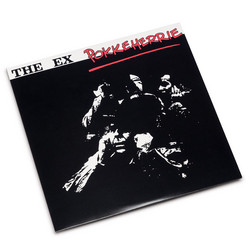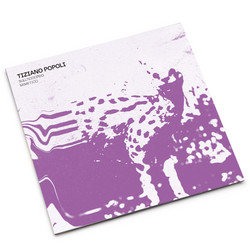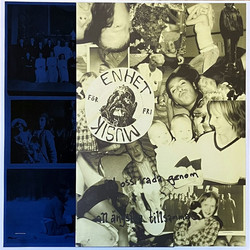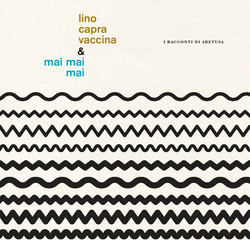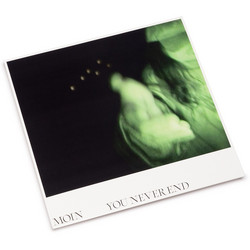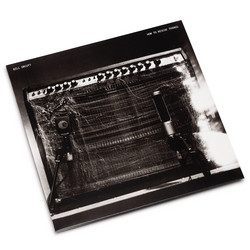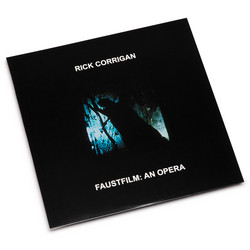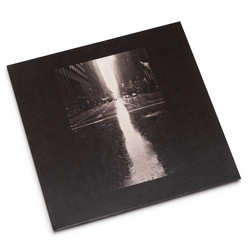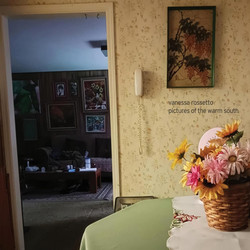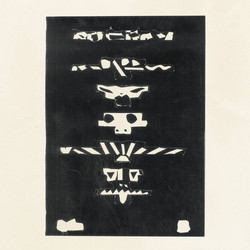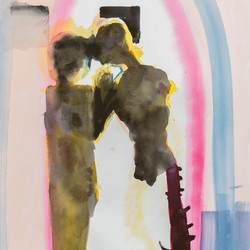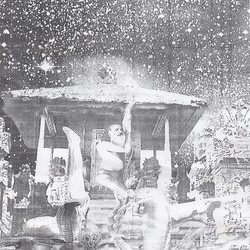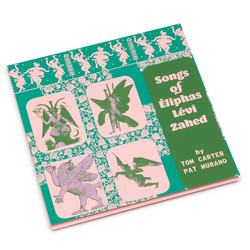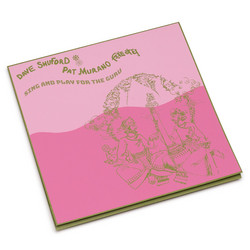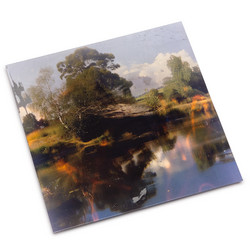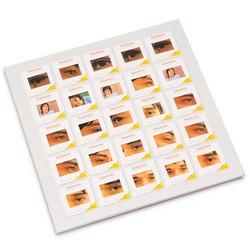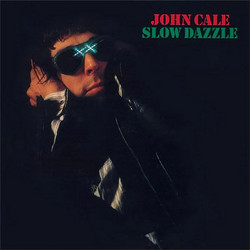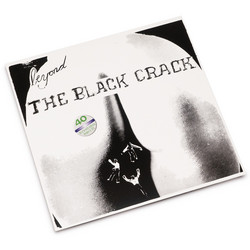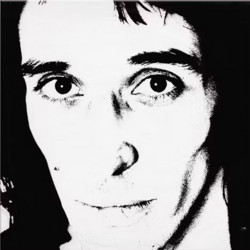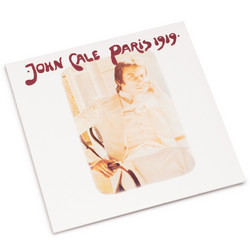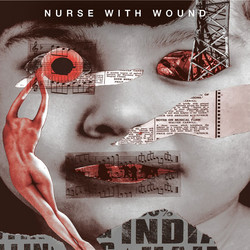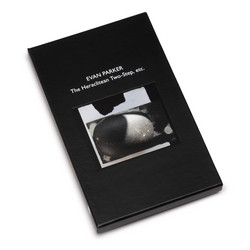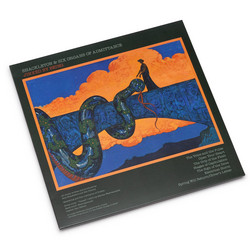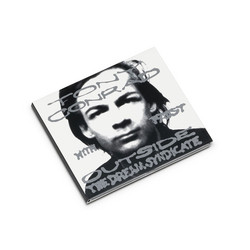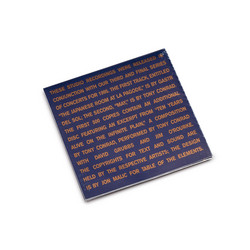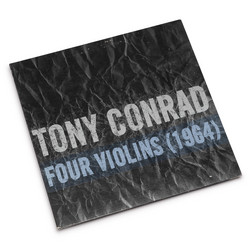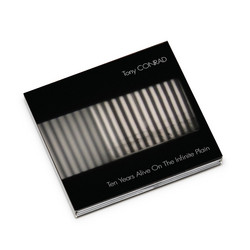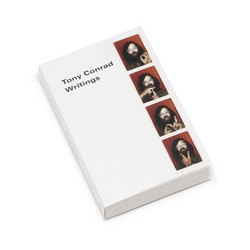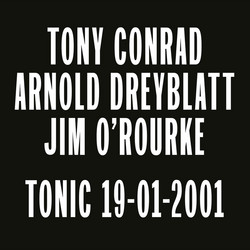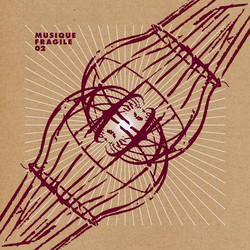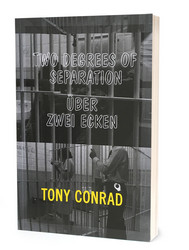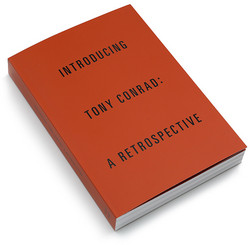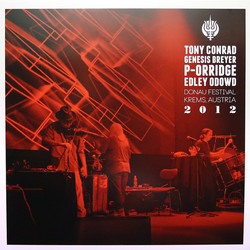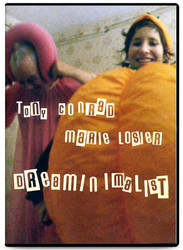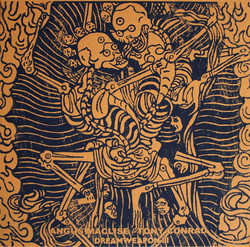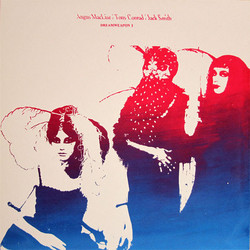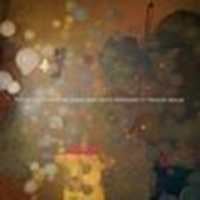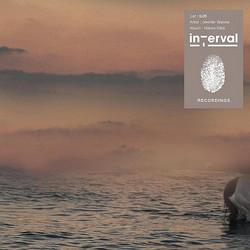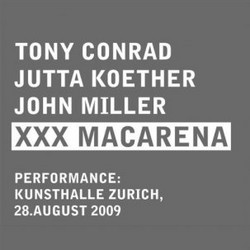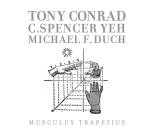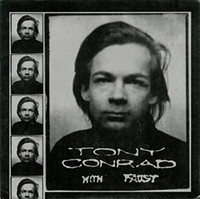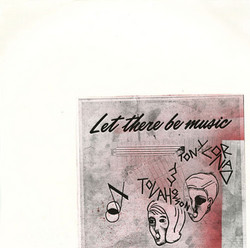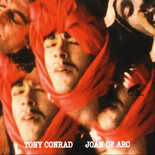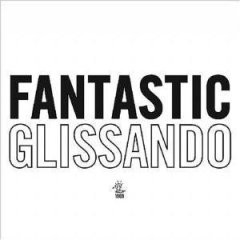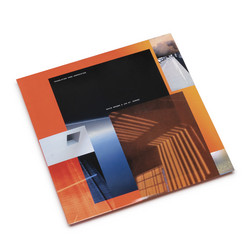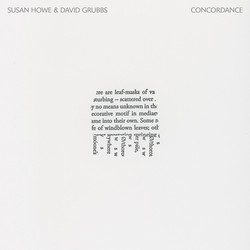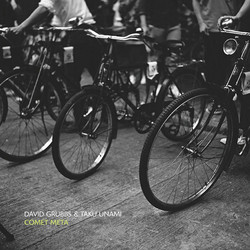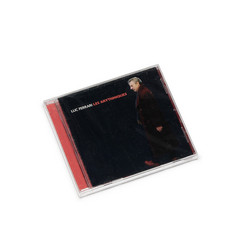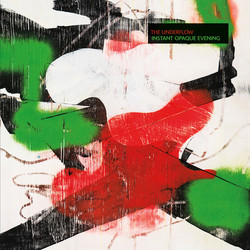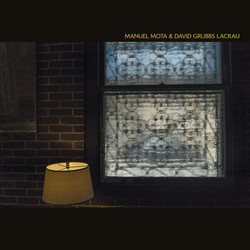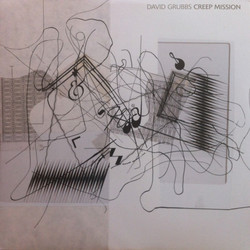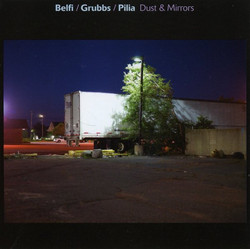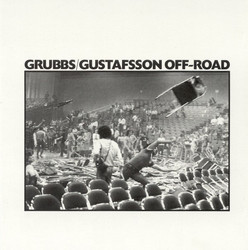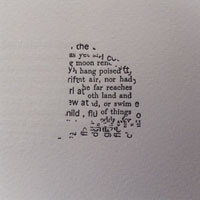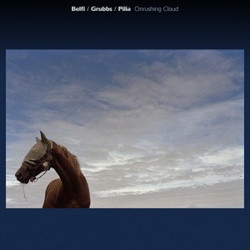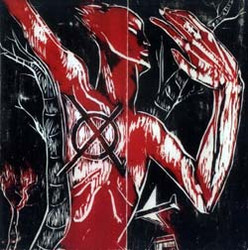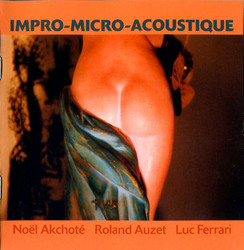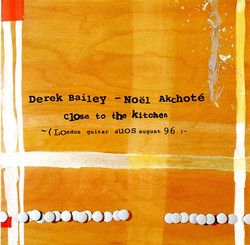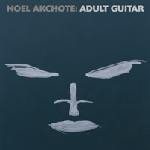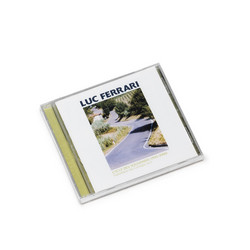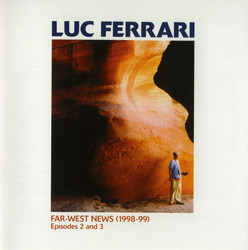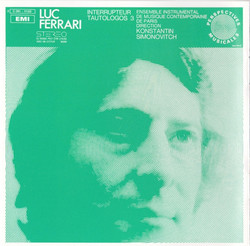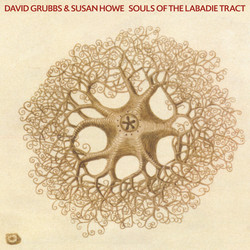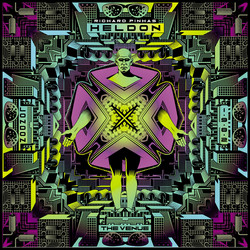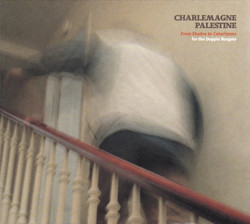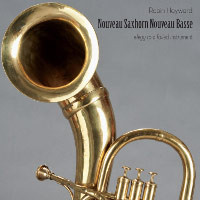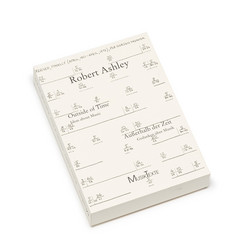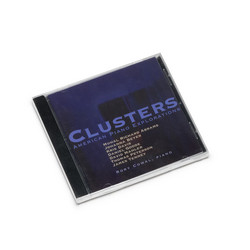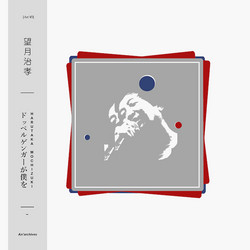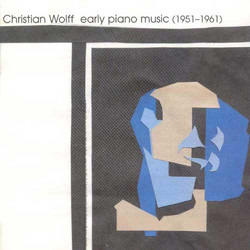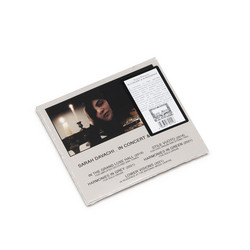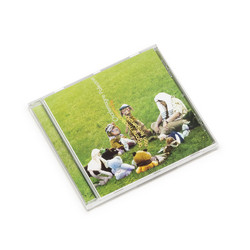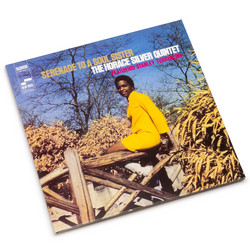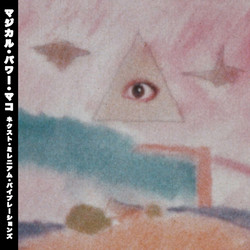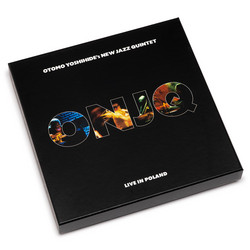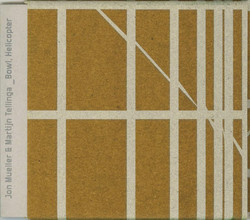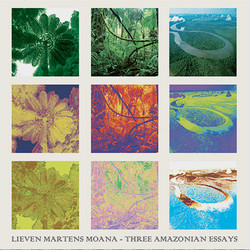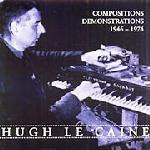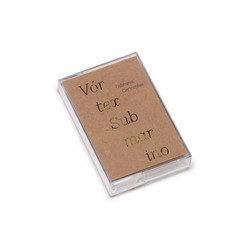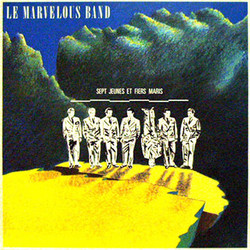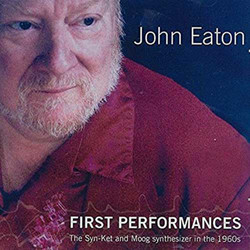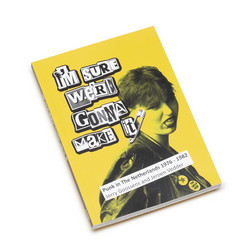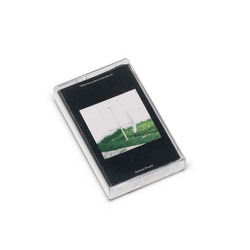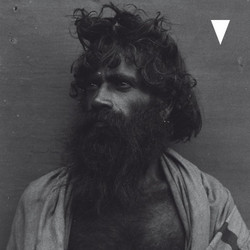Huge Tip! In the Merry Month of May is the final studio recording of the late, great Tony Conrad, and the first duo release with Jennifer Walshe, one of Conrad’s most important collaborators in the final decade of his life. Befitting these two absurdly gifted hell-raisers, this is a wild, improvisatory flaying of song, with Walshe’s clarion voice at the heart of the enterprise. The sheer sonic force of opener “In the Merry Month of May” recalls the ecstatic charge of Conrad’s Slapping Pythagoras. Ramshackle, go-for-broke performances provide gist for your next twelve months of earworms. (Walshe’s vocalisms and mantras born of mundani- ties will dog you; “Day of the Fair” gives “99 Bottles of Beer” a run for its money.) You want comparisons? Why? Conrad’s and Walshe’s prior work are about the only relevant reference points, and even then In the Merry Month of May is a one-of-a-kind concoction whipped up by two fearless and often peerless souls. It’s a joy to hear the two of them, with such manifest mutual regard and commitment to busting a gut.
According to Walshe, early in their collaboration Conrad related how they “first began working together after they ran from service as servants of King Pepy I at the end of Old Kingdom Egypt. They were subsequently monks in Carolingean Gaul during the period roughly 820 to 850, Venetian courtesans at Pope Eugene’s court during the mid 15th century, and prisoners on what was then Van Diemen’s Land in 1843, where Walshe tried to secure Conrad’s escape using ‘remote viewing’ techniques. The unfortunate outcome of the latter incident resulted in Conrad’s work as a stage magician in Australia in the 19th century, where in trying an audience riot, they both accidentally ingested leprosy vectors and subsequently lost three legs and two arms between them.”
We’ve been sitting on this one for a minute, waiting until we have everyone’s attention.
Tony Conrad (1940–2016) was a true polymath, a justifiably celebrated composer, artist, filmmaker, and writer whom the world will be catching up to for years to come. His musical work includes the pre-Velvet Underground (a group whose name was famously suggested by Conrad) group The Primitives, also featuring Lou Reed, John Cale, and Walter De Maria. Conrad introduced just intonation into drone-based minimalism through his participation in the Theater of Eternal Music together with La Monte Young, Marian Zazeela, and John Cale. His first album was the 1972 Outside the Dream Syndicate, a collaboration with Faust, and Conrad’s music achieved wider visibility in the 1990s through releases of archival recordings and new works such as Slapping Pythagoras and Early Minimalism, Volume One. His films include The Flicker, Straight and Narrow, and Film Feedback, and Conrad was the subject of Tyler Hubby’s 2016 documentary feature Tony Conrad: Completely in the Present.
“The most original compositional voice to emerge from Ireland in the past 20 years” (The Irish Times) and “Wild Girl of Darmstadt” (Frankfurter Rundschau), composer and performer Jennifer Walshe was born in Dublin, Ireland. Her music has been commissioned, broadcast and performed all over the world. Recent projects include TIME TIME TIME, an opera written in collaboration with the philosopher Timothy Morton, and THE SITE OF AN INVESTIGATION, a 30-minute epic for Walshe’s voice and orchestra, commissioned by the National Symphony Orchestra of Ireland. A Late Anthology of Early Music Vol. 1: Ancient to Renaissance, her third solo album, was released on Tetbind in 2020. The album uses AI to rework canonical works from early Western music history. A Late Anthology was chosen as an album of the year in The Irish Times, The Wire, and The Quietus. Walshe is currently professor of composition at the University of Oxford.
